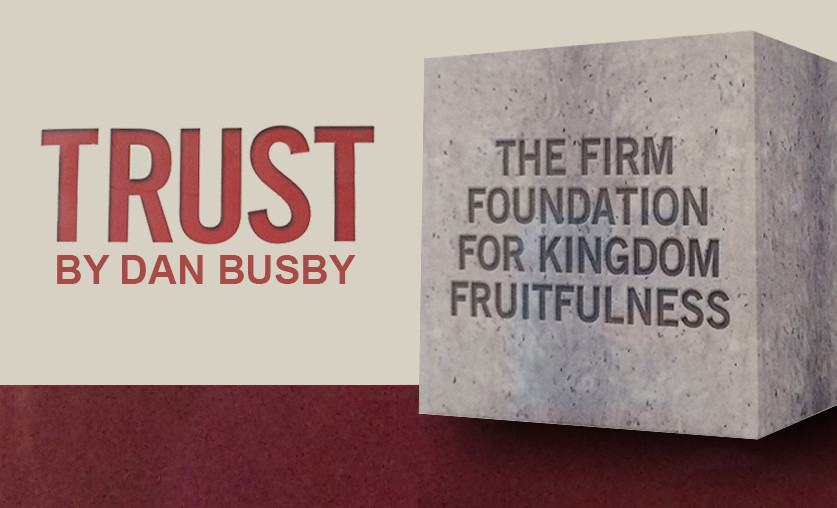The Value of “Trust”
In any fundraising effort, the crux of every invitation to donate is based on trust. Trust that the organization’s leadership will be good stewards of the resources, trust that the mission remains constant and trust that the funds given will achieve the goals.
But trust isn’t something given – it’s something earned.
In Dan Busby’s new book Trust: The Firm Foundation for Kingdom Fruitfulness, he calls trust “the one thing that can make or break a leader – or a ministry.”
Dan knows whereof he speaks – serving many years on nonprofit ministry boards and as president of the Evangelical Council for Financial Accountability (ECFA). But beyond the common discussion of financial transparency, Trust looks at building a trustworthy organization in every aspect.
From living the value principles of an organization, to selecting board members, to relationships with staff and donors – every interaction is an opportunity to build – or lose – trust. Some of the most basic functions of a ministry, like compensation for leadership and using funds in the way they were intended, can hold pitfalls for those not scrupulously committed to building trust.
Dan’s book offers a number of valuable checklists and examples to showcase how to foster a culture of trust. It looks at board management and composition to the biblical principles for ministry, even touching on what to do when trust is compromised. Trust provides a clear roadmap to help maintain the trustworthiness of any organization, for the ultimate benefit of improving the lives of the people they serve.
For more information about Trust: The Firm Foundation for Kingdom Fruitfulness, visit www.ecfa.org.
Related articles
-

CEO Expectations of a Director of Development
Did you know the national average for a director of development’s tenure with a nonprofit is only 18 months? Why…
-

Slowing the Revolving Door in the Development Office
“The person I just met with was asking for funds for a ministry that he said is the most important…
-

A Word of Encouragement to the Development Committee of Your Board
If you find yourself on the Development Committee of your Board of Trustees, you are in a very powerful position.…






